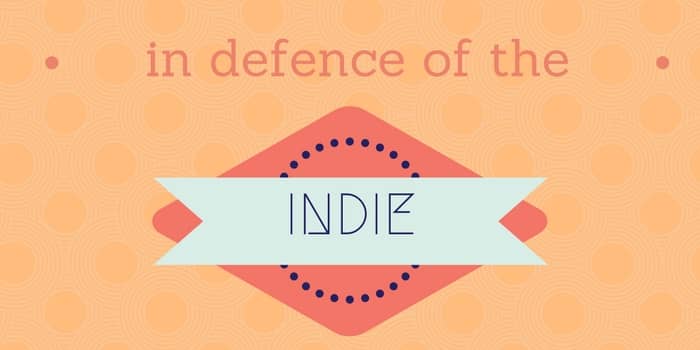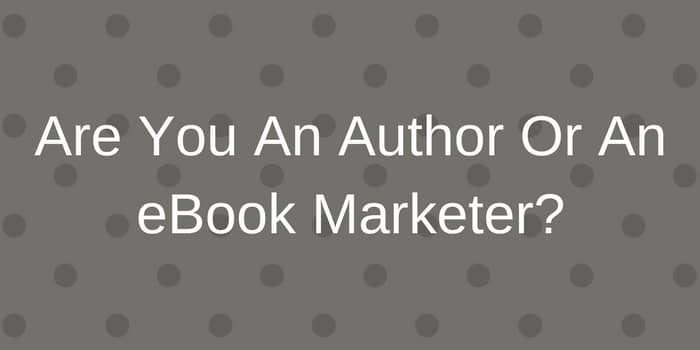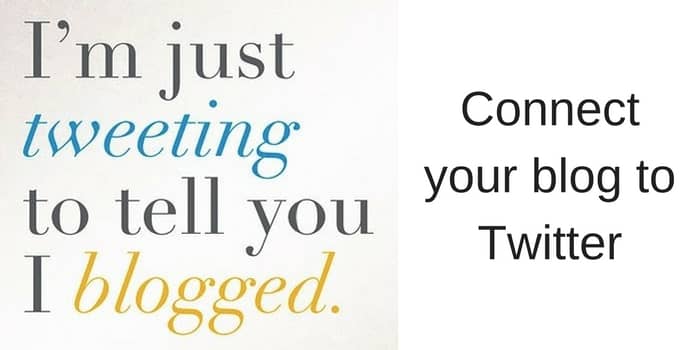
Indie authors are innovators.
After reading a blog post written by Su (@Sirra_girl), The Ugly Side of Indie Publishing on Videlicet Productions, I didn’t hesitate in adding my two cents worth by way of a comment. However, as good as the post was, it was a comment from @remittancegirl that really caught my attention.
‘Traditional publishers, with few exceptions, publish book after book of safe, tired, formulaic crap in an effort to do that trick again and again. They have become a serious inhibition to cultural growth, not the promoters of it as they once were.’
In my mind, this encapsulates exactly why self-publishing and Indie writers are a great new pool of talent for readers. I’m really quite tired of the quality debate, as with any product available on the market there is good and bad. That’s the consumer’s responsibility to decide at the time of purchase. Almost without exception, any book or ebook available has a preview or sample feature for readers to use. Exactly the same process as buying a book in a bookstore.
In fact, I have just been through the process of deciding on new books to read and from nine samples I downloaded, I selected two books that really looked interesting. One book is self-published, and another from a very small publisher. I have started the first and can say I am extremely pleased with my choice.
Probably the most common complaint I hear about Indie/self-published books is the topic of the odd, or maybe not so infrequent typo or formatting error and have covered this point in previous posts. What I would reiterate though is that it is simply not financially viable for many self-publishers to pay the cost of weeks of professional line editing. But in defence of the self-published Indie, I know how much work and effort many writers that I know put into preparing their manuscripts. Whether it be by paying for an editor or proofreader, using beta readers or friends to help, the editing process is long, painstaking and taken very seriously.
I do agree, however, that those self-published writers who skip this step and publish error-ridden manuscripts in their haste to be published cast a dark shadow over the good and great self-published books.
In reality, though, we all know that even after slaving away for weeks or even months, there will be the odd typo that gets missed. Well, so what? This even happens after expensive line editing by professionals. If a text is riddled with errors, it will be clear from a sample or preview so I would agree, do not buy it. But the odd typo is no excuse not to enjoy a good read and has never stopped me from enjoying a well-crafted story, of which I have now read many be Indie writers.
From my perspective, it is the new authors, Indies and self-publishers that are bringing fresh ideas and powerful stories to print. They are the innovators and the ones willing to experiment, try something new and of course accept failure along the way. Unlike the traditional publishers who are treading water and peddling the same-o same-o. If they were selling music, they would probably be very happily still flogging Perry Como, Elvis Presley and Dean Martin. In my local bookstore, the racks are full of titles from The Big Six’. But you know, as much as I love Douglas Adams, I really don’t want to buy his books again. Nor Rankin, nor Rushdie, nor Clavell, nor Follett. And certainly not Sarah Palin. I would prefer Barbara Cartland any day.
Even my wife, who has been a bookstore buyer all her life has become fed up with bookstore offerings and is now using her Kindle as a means to discover new books, new authors and new ideas.
In my opinion, the future of publishing will follow the digital music industry. Small Indie publishers that are now starting to emerge will develop the innovation, imagination, courage, marketing savvy and quality controls to bring great new titles to the market. Giving bright new authors the opportunity to express themselves, but at the same time, having the expertise to prepare a quality product. The ‘Big Six’ will remain of course, but challenged by a few hundred smart Indie publishers, it could revitalise the current stagnation in the industry and bring back cultural growth to literature and reading.




I absolutely agree, Derek. For years I’d been searching for a new idea, a new story even. Then, when I began writing myself, I learned about Indies and read a ton of Indie books. The craft of storytelling remains, errors notwithstanding, and a whole new perspective shines through almost every time. As for those errors, I’ve see some in many best sellers I’ve read. The errors aren’t big enough to destroy those stories, which can similarly be said about Indie books.
Well said Derek.
I am also tired of letting the big six tell me what to read. It seems like it’s part of the North American culture for big companies to assume that we don’t have the mental agility to keep up on our own. Everything has to be dumbed down for us. Stories like Harry Potter and the Philosopher’s Stone had to be changed to the Sorcerer’s Stone because publishers didn’t think we would know what a philosopher was.
Even NASA publicises their payload data with a helpful conversion from tons into ‘number of SUV’s’ (though I prefer the more traditional ‘Stadiums full of popcorn”.
eBook readers will saturate the market and when that happens the big six will learn what readers really want, and they don’t have it.
They will either mine the indie sales to find authors to publish or they will sink. I don’t think their current model will keep them afloat much longer.
Well said Derek.
Here in the UK, or should I say the land of the literary snobs, from time to time we see on our televisions or hear on our radios, so-called panels of literary experts discussing novels that interest them. Rarely if ever do you here them talking about a new book. If they do, it is one of the formula ones currently being churned out by the establishment publishing houses.
If someone should have the nerve to mention a book they have read by the likes of you and I on these programmes, you can almost feel the icy silence in the studio leaking out of your radio or television.
God save us from literary snobs.
:D
Times is a changin’ and I say GOOD!
Readers want variety, not the same old stuff. My recent rewrite request was an indication of what the current trend is for that publisher. I am so glad I walked away. Now the reader will have something different to chew over.
Great article, Derek.
I only really discovered the indie market out there when I finally decided to publish that way myself, and now I enjoy the fresh new ideas available and have been reading indie only this year. I’m a big believer in a large preview and like the way I can set a 50% preview of my own works on smashwords. I want people to know if they want to read it or not rather than try to make a quick buck.
Too true Amos. I think a decent preview or sample is the best way to showcase your talent and attract new readers.
I could not agree with you more. I am part owner of a very small publishing company and love hearing from the readers. What do they want, what do they look for, et al. Supporting indie authors is a way to break through the big six control over what is distributed. The downside? Getting the indie authors out there to readers. Word of mouth, publishers supporting each other, their respective authors and the self published authors – with recommendations, reviews, etc. We have a facebook page set up – when we encounter an indie author we link or like their page. People who encounter ours will see those – it’s small, but it’s better than nothing. Supporting the indie bookstores is another way to help bring these creative people forward – and keep small mom and pop shops open for business in our neighborhoods. Book fairs, conventions ect – even if it’s just for an hour. With some luck it will help out in the long run. The big six should remember they started off as small companies too – going back to the basics might do better… then again – there is always some humble pie.
There’s been a lot of sturm and drang on the subject of late and I like your take here on this post. Buyer beware is fitting.
I also like your site and will keep stopping by to read your thoughtful analysis and writing.
That is one reason why I decided to pursue self-publishing. I can’t find books I like to read on the bookshelves any more. So I decided to write some, and though I get frustrated from time to time, at least I have the hope of sharing what I write with others.
Jodi
I’m really interested in pursuing the self-publishing model, but it’s a shame self published books don’t really have a good reputation. There are some fantastically interesting self published books, but the scene is let down by the poorly written, badly edited rubbish. As the scene develops, I’m sure the general quality will improve.